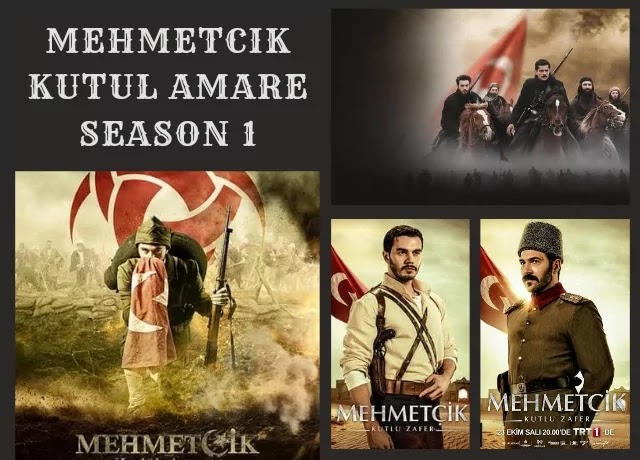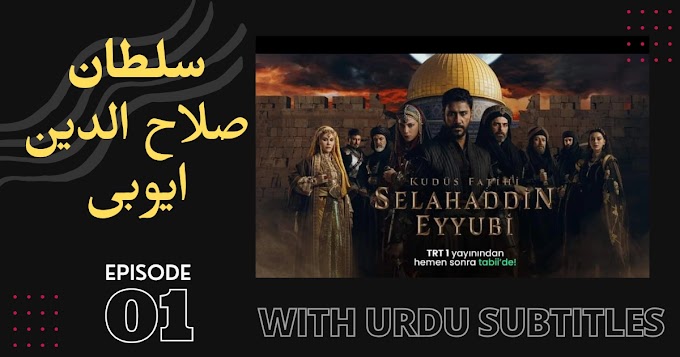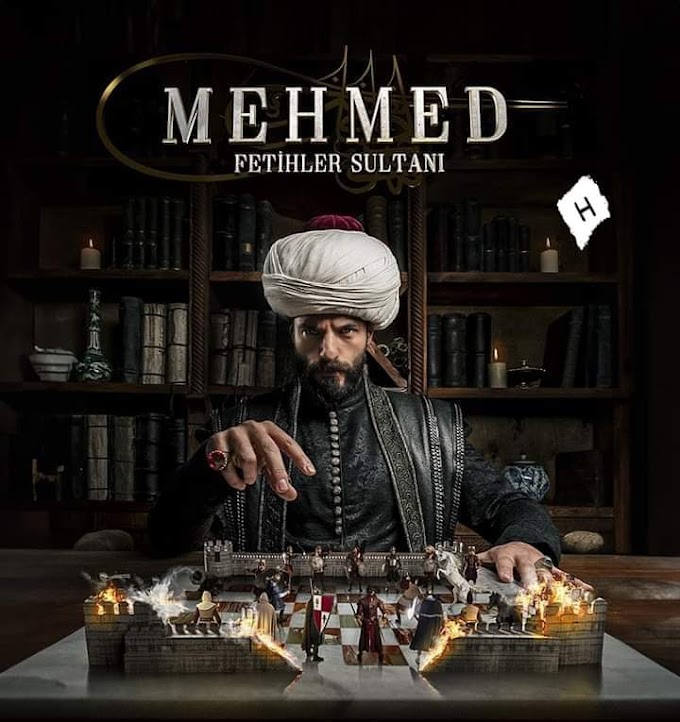What is the link between Kim Kardashian and Turkey in WWI? The answer may surprise you. Stay tuned. If I talk to you about WWI you probably are thinking the Western Front or Verdun or the Somme or Black Jack Pershing. Are you thinking about Turkey? You should. That was one of the main battlefields of World War I.
Turkey prior to WWI was known as the Ottoman Empire. It was a large Muslim empire centered around Turkey with some territories in Europe and covering much of the Middle East.However it was not doing too well. It was an old Empire going back to the 1200s that had been in decline for many many centuries already. In fact it was known as the sick man of Europe.
 |
| The Ottoman Empire in World War-1 |
The Ottoman Empire in World War-1:
Everybody expected that Empire to collapse fairly soon, after which the Empire would be divided into pieces and France Russia Britain Germany would get bits and pieces. This was called the Eastern Question: how you divide the Ottoman Empire after it would collapse.So when WWI began people thought that's it, that will be the straw that will break the camel's back, the Empire of the Ottomans will never survive. As it turned out they picked the Central Powers, which would be the side of Germany, Austria Hungary and Bulgaria. Everybody thought these people are not gonna last long and they were wrong. A lot of the initial fighting went on in the Caucasusregion which is the border between Russia on the side of the Triple Entente and the Ottoman Empire on the side of the Triple Alliance.
The Russians attacked confident of victory and they bumped into a pretty serious Ottoman army that defended itself well. The Caucasus region is not the easiest. I tis a peninsula with a sea on both sides It's kind of narrow and it has thehighest mountains in Europe. Difficult terrain to fight in and the Ottomans held their own. In the margin however of that conflict against Russia, they committed one of the worst horrors of WWI, a conflict that already is known for its horrors There was a minority in the area, a Christian minority called the Armenians. The Ottomans were not so sure whether the Armenians would be loyal to them in the conflict because the Ottomans were majority Turkish and Muslim and the Armenians were of a different ethnic group and they were Christian.
Armenians Empire:
The Ottoman army began targeting some men from the Armenian minority as well as women and children and eventually tried to wipe out the totality of the population.This event is remembered as the Armenian genocide. Memories of that are still with us today. Many Armenians have fled from the Ottoman Empire to France to the US and all around the world and that's how we get the Kardashians today, or if you're a French lover of French music, Charles Aznavour and many other Armenians that have done well all over the world, whether it's music or reality TV.
This issue of the Armenian genocide is also very present in present-day memory. The Turkish government is heir to the Ottomans and they don't really want to acknowledge that this was a genocide. Some massacres took place but they were not part of an intentional wiping out of the Armenian people. The Armenian today, and there is such a country called Armenia in the Caucasus, are adamant that they were the victims of genocide and keep pressuring countries like say France or the US to properly label it a genocide, which has away of angering the Turks.
History is still very present around us and that'swhy studying history is so important! After failing to break through the Ottoman Empire in the northern part at the Caucasus Mountains, the Allies decided to attack in the southeastern quadrant of the Empire around what is called Mesopotamia, today's Iraq. The British were the ones that attacked, they used a lot of troops from India, one of their colonies, and initially they were doing quite well as always in WWI.
They made their way up the Tigris and the Euphrates and eventually made it almost to Baghdad, the capital Iraq and then started suffering some setbacks and encountered disease and had to turn around and were besieged in Kut, and eventually that turned into yet another quagmire that WWI was so famous for. Then the British decided let's attack in the northwestern quadrant of the Empire very very close to Istanbul the capital at a place called Gallipoli which is very romantic if you are a young British officer and you think of Gallipoli that is pretty close to the old battlefield of Troy so you could be a modern-day Achilles fighting the Trojan War.
Gallipoli War :
Winston Churchill was the one that came up with that idea and he thought that the British could attack through the Straits by Gallipoli all the way to Istanbul itself and knock the Ottoman Empire out of the war. For that you would need a combined operation where the Navy would get through the Straits and at the same time you would land some troops on the northern side of the Straits so that you could knock out any kind of batteries that the Ottomans would have in that area. So they organised the landing the landing at Gallipoli using some troops from Australia and New Zealand (ANZAC) that happened to be on their way to Europe at the time and stopping in Egypt and were redirected toward Gallipoli.
By the way if you're interested in watching a great movie about that,watch the movie called Gallipoli with a very young Mel Gibson with an open shirt on the movie poster. The landing at Gallipoli initially went quite well.Troops landed on the beautiful Mediterranean shore and they started frolicking around and bathing and thinking it was such a great thing to be fighting at Gallipoli rather than in a dreary western front. But in the area you had a very committed Turkish officer known as Mustafa Kemal. You might not know his name but if you're Turkish you know him as a great national hero known as the Ataturk, the great Turk. Mustafa Kemal did a masterful job getting all these troops to take control of all the high points around the landing sites after which the British forces and the Australian force sand the New Zealand forces were pinned down and were not able to get out of the beaches and to the interior and ultimately all the way to Istanbul.
That particular theater of the war turned into yet another quagmire where thousands upon thousands of young men were killed without making much headway and actually the British had to withdraw their troops after several months of inconclusive warfare. That battlefield is not too remembered in the West today except in Australia and New Zealand where a lot of the Western troops were coming from. Though this was a defeat for the Australians and New Zealanders they do commemorate that battle every year on what is called Anzac Day in Australia.
By fighting and dying together in Gallipoli they ended up coming back, if they did come back, as a one nation. In a way that is the birth of Australia and New Zealand as a nation right there on the beach of Gallipoli: one good thing that came out of it. So after attacking the Northeast and the Caucasus, and the Southeast in Mesopotamia, the Northwest at Gallipoli, the British figured why don't we try the Southwest, that's the one thing we haven't tried, more into the Arab areas.
Lawrence of Arabia :
I know a lot of people look at the Middle East asif this wasan area where everybody is Muslim and from the same background, but there is great diversity in the Middle East. In particular the people that led the Ottoman Empire were Turkish by blood but many people in the Middle East would be Arabic, fellow Muslims but a different ethnic background. So the idea was you could get the Arabs to rise up against the Ottomans.
That was an idea that was pushed for by one of the intelligence officers in the British Secret Service. His name was TE Lawrence better known as Lawrence of Arabia who was very much a lover of all things Arab. He lived in the desert for a while,loved Arabic poetry, spoke the language perfectly, loved the Bedouin style of living in the desert. He eventually befriended the local sheiks, brought them guns, gold and got them to revolt to the point where the Arabian desert became quite unsuitable to the Ottoman army. If you're interested in that story you can read the book by TE Lawrence or you can watch the impersonation in the movie Lawrence of Arabia with Peter O'Toole and Omar Sharif.Watch it on the big screen it's a movie that really deserves to get the full cinematic treatment.
Another British agent in the region who is not quite as remembered today would be Gertrude Bell, a fascinating lady from Britain, a historian, which is always a good thing, and a specialist of the ancient civilizations of Iraq, Mesopotamia, and she just like TE Lawrence became a key agent in getting the Arabs from that region to revolt against the Ottomans. Eventually she helped create the modern day country of Iraq after WWI.
Finally the British launched an offensive from Egypt, a British protectorate at the time through Israel and ultimately into Syria and by pushing so much, by 1918 they forced the Ottoman Empire to acknowledge their defeat. So altogether the Ottoman Empire fought quite valiantly during the war. The treatment of the Empire though at the time of peace was quite harsh. When the Ottoman Empire was finally defeated the issue was what happens to the eastern question:what do you do with the remnants of the empire? That was a complicated issue because during the war the British had promised a lot of things to a lot of people. We mentioned how Gertrude Bell and TE Lawrence had promised the Arabs that they might get a country of their own if they revolted against the Ottomans. During the same time the British had promised to the Jewish people of Israel that if they revolted - they might get a country of their own a homeland, the promised land: that was called the Balfour Declaration.
Meanwhile the British had been negotiating with the French behind the scenes and through an agreement called the Sykes-Picot agreement the British and French had promised to one another that they might split the Ottoman Empire between French and British colonies. So places like Israel might be promised at the same time to the Arabs who lived there, the Palestinians, and maybe the Jews who lived there through the Balfour Declaration, and at the same time might end up being a British colony in the end. How do you solve all that at the same time that Woodrow Wilson was making promises about self-determination for the entire world? The result was the treaty signed in the outskirts of Paris called the Treaty of Sevres. If you think that the treaty of Versailles with the Germans was harsh wait to hear about that one. According to the treaty of Sevres the entire Ottoman Empire would be dismembered.
Lawrence Of Arabia History:
A few areas eventually became Arab kingdoms such as Saudi Arabia but many of the areas peopled by Arabs were actually split between France and Britain as colonies. Syria Lebanon became French. Israel Iraq Jordan became British colonies. That angered the Arabs and the Jews in the area quite a bit. To appease them the British and the French said, 'don't worry these are not colonies we call them mandates!' What's the difference between a mandate and a colony? Well a mandate is supposed to be temporary, you're preparing the local people for independence and they'll get it at some point when they are civilized enough.
Which also angered the locals. A place like Iraq is the birthplace of civilization, they've been civilized for 5000 years, they didn't need to be colonized for another twenty or thirty years by the British in the French. What about Turkey proper? It was also divided into spheres of influence: areas where the French British Greeks or the Italians had special rights. As for the area of the Straits and Istanbul which was key to international commerce,this would become an international zone where pretty much every country in the world would have rights of their own.
So what remained of Turkey? Well a tiny bit at the northern part of Anatolia and that was the only thing that was left of that proud Ottoman empire that once ruled the whole Middle East, the Balkans and North Africa. That's a little bit harsh. Well, somebody will complain about that and that will be our old friend Mustafa Kemal, the hero of Gallipoli. In the meantime I recommend that you check out this book The problem from hell: America and the age of genocide, which won the Pulitzer Prize a few years back. It has a great chapter on the Armenian Genocide of WWI.





















0 Comments